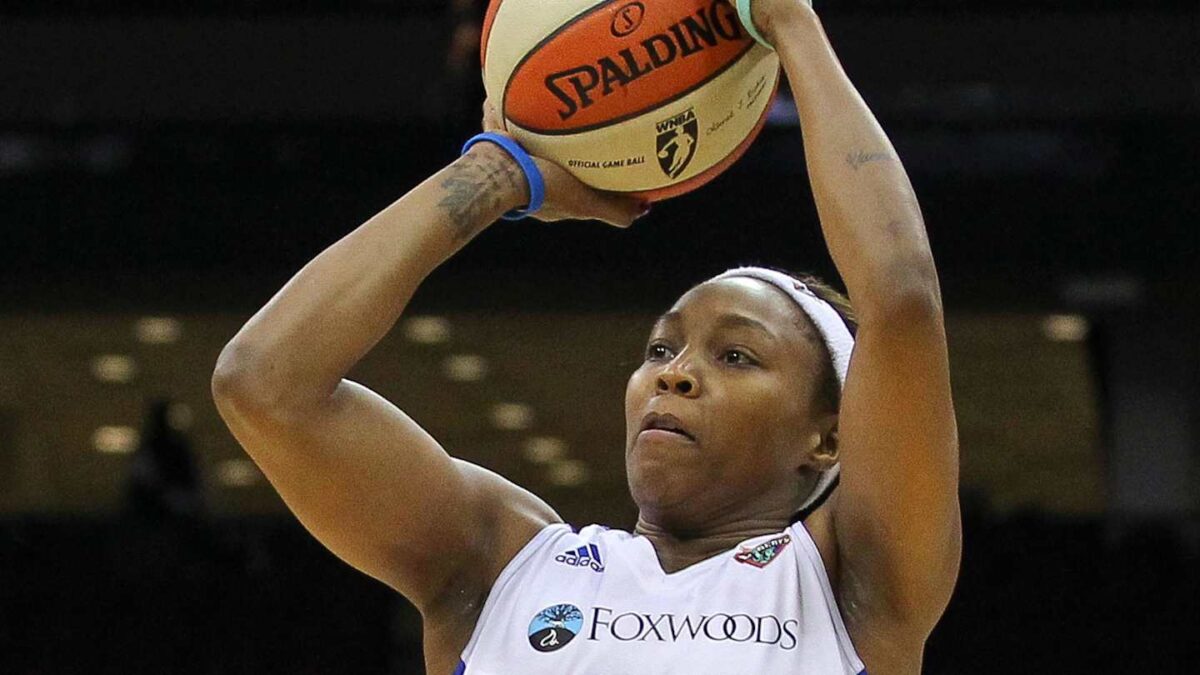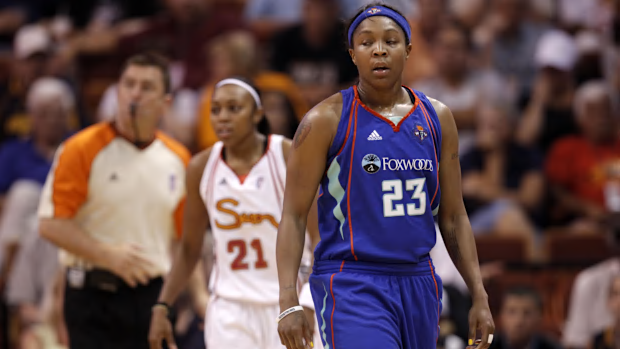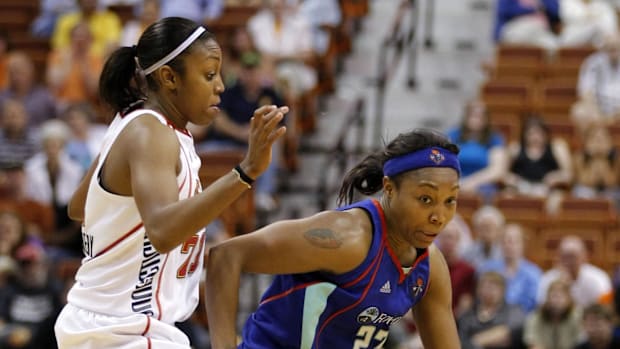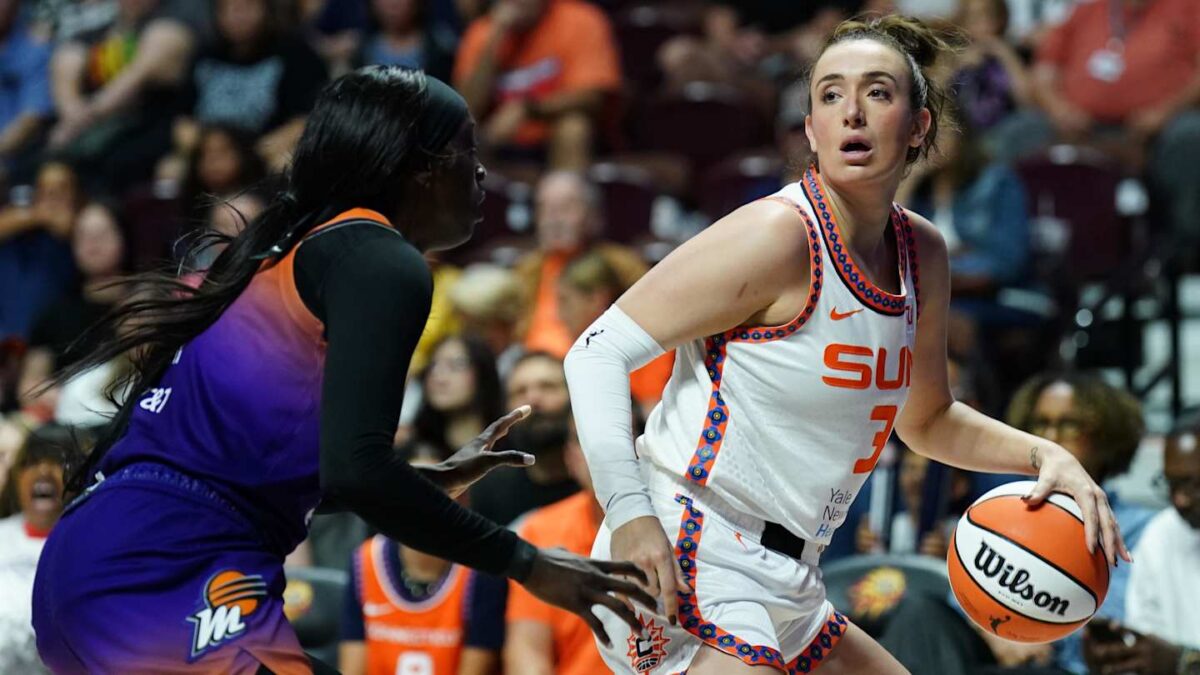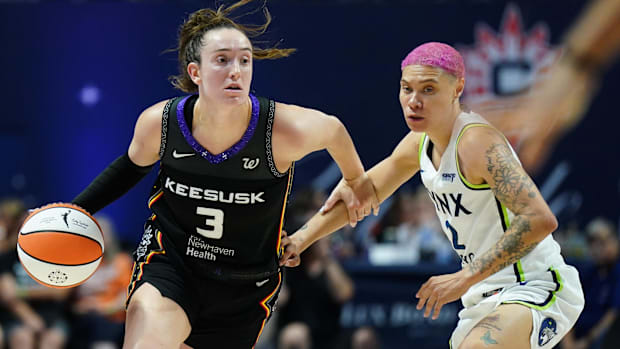Story Links
TAMPA, Fla., November 8, 2025 – The University of South Florida men’s basketball team (1–0) travels to Uncasville, Conn., to face George Washington University in a neutral-site contest at Mohegan Sun Arena, as a part of the Basketball Hall of Fame Tipoff.
Tip is set for Saturday, Nov. 8, at 1:30 p.m. and will air on Peacock, with radio coverage on Bulls Unlimited.
Program Comparison
Saturday’s matchup stands out as a notable early-season non-conference meeting between two programs looking to climb the national rankings. South Florida came into the season with a NET ranking of 189, while GWU came in at 124. The Bulls have a KenPom rating of 97, and a BPI of 101 after one game, while GWU has a KenPom of 78 and a BPI of 83.
South Florida has made three NCAA Tournament appearances, most recently in 2012, when the Bulls advanced to the second round. George Washington’s most recent appearance was in 2014, also reaching the second round.
Last Time Out
The Bulls opened the Bryan Hodgson era with a 102–67 win over Florida A&M on Monday night at the Yuengling Center, tying the American Conference record for the second-highest margin of victory (35 points) in a head coach’s debut.
Wes Enis made an immediate impact in his first Division I game, leading the Bulls with 22 points – the third-most points in a USF debut since 1996. Izaiyah Nelson added 16 points and 10 rebounds for his 19th career double-double, and Josh Omojafo scored 17 points with a team-high five assists.
The Bulls showcased their depth with 37 bench points and dominated transition play with 23 fast-break points.
Series History
Saturday’s matchup marks the seventh meeting between South Florida and George Washington, with the Bulls holding a 1–5 record. The most recent game was on Dec. 3, 2016, when…




 Expedited Service was an easy winner in a division of the Winter Is Coming Pacing Series Monday at Pocono. Curtis Salonick photo.
Expedited Service was an easy winner in a division of the Winter Is Coming Pacing Series Monday at Pocono. Curtis Salonick photo.



 Gap Kronos S was an easy winner in the fastest Simpson Stakes trot Saturday at Pocono. Curtis Salonick Photo.
Gap Kronos S was an easy winner in the fastest Simpson Stakes trot Saturday at Pocono. Curtis Salonick Photo. 